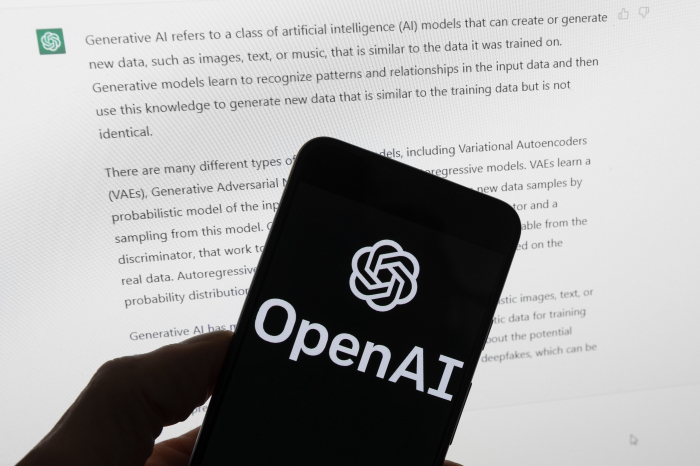The country's Data Protection Authority said US firm OpenAI, which makes ChatGPT, had no legal basis to justify "the mass collection and storage of personal data for the purpose of 'training' the algorithms underlying the operation of the platform".
ChatGPT caused a global sensation when it was released last year for its ability to generate essays, songs, exams and even news articles from brief prompts.
But critics have long fretted that it was unclear where ChatGPT and its competitors got their data or how they processed it.
Universities and some education authorities have banned the chatbot over fears that students could use it to write essays or cheat in exams.
And hundreds of experts and industry figures signed an open letter this week calling for a pause in the development of powerful AI systems, arguing they posed "profound risks to society and humanity".
The letter was prompted by OpenAI's release earlier this month of GPT-4, a more powerful version of its chatbot, with even less transparency about its data sources.
OpenAI said Friday that it has "disabled ChatGPT for users in Italy".
"We are committed to protecting people's privacy and we believe we comply with... privacy laws. We actively work to reduce personal data in training our AI systems like ChatGPT because we want our AI to learn about the world, not about private individuals," an OpenAI spokesperson said.
More about:
















































